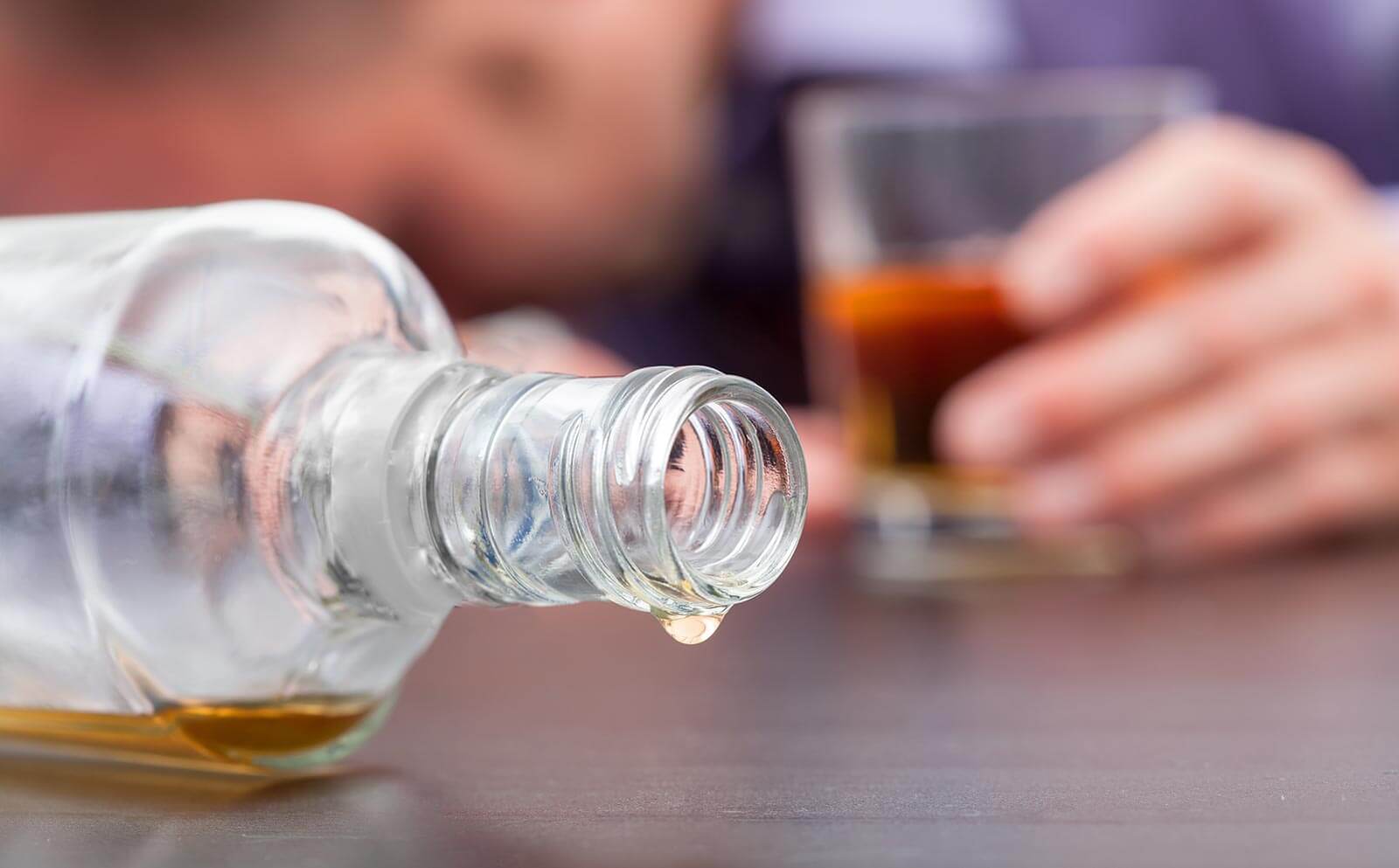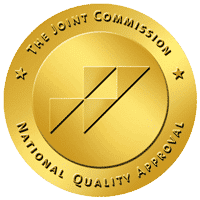
Alcohol Withdrawal: Symptoms and Treatment



Nobody wants to believe they’re an alcoholic.
Life circumstances, upbringing, and genetics all play a role in developing alcohol use disorders. This life-threatening condition is an all-consuming cycle that leads to long-term health problems.
But the good news is that you’re here reading this, which means you’re aware of addiction’s hold on you or your loved one’s life.
Understanding how and why withdrawal occurs and available treatment options are the right things to consider on your way to recovery.
In this guide to alcohol withdrawal and treatment, we’ll cover the following:
Binge drinking regularly causes your body to develop alcohol dependence. Your body adjusts to the toxic levels of the substance, and a sudden halt in consumption causes withdrawal symptoms.
Withdrawal can cause physical, mental, and emotional symptoms that take time to dissipate depending on the amount of alcohol consumed and your particular biology. Due to the discomfort these withdrawal symptoms cause, many people with alcohol addiction give up on becoming sober and end up returning to their dangerous habits.
Alcohol is a depressant that slows down brain function and causes the body to relax. This soothing sensation is the biggest reason people turn to alcohol to cope with life’s ups and downs.
Unfortunately, alcohol abuse causes your body to readjust the central nervous system, creating new equilibrium and affecting homeostasis. The body is suddenly putting more effort into brain activity to keep communication between nerves and your brain in an awake state.
When you suddenly stop drinking, your body hasn’t had the chance to adjust to the change and is still in that high-functioning state, causing withdrawal symptoms.
When withdrawal begins depends on the individual and how much dependency their body has built on alcohol. Withdrawal symptoms can begin as soon as 4 hours after your last drink.
In some cases, withdrawal symptoms don’t start until several days after.
While the withdrawal process varies from person to person, most people will see a peak in their withdrawal symptoms within the 24 to 72-hour period and resolve within 4-5 days following their last drink.
Less intense symptoms, such as mild anxiety, may linger for some time. If specific symptoms persist, it’s important to notify your doctor, as this can indicate a separate issue, such as an anxiety disorder.
Because your body has built up a tolerance to the substance, a lack of it can cause mild to severe withdrawal symptoms. More moderate symptoms tend to begin 6 hours after your last drink. Around 12-48 hours into withdrawal, you may start hallucinating or experiencing seizures in extreme cases.

Delirium tremens (DTs) might begin at the 48-72 hour mark. DTs are considered severe symptom of alcohol withdrawal that includes vivid hallucinations and delusions. It’s important to note that only around 5% of people withdrawing will experience DTs and other severe symptoms.
Mild symptoms of alcohol withdrawal include:
Severe symptoms of alcohol withdrawal can include hallucinations, seizures, and disorientation. Extreme levels of these and other symptoms are an indication of delirium tremens.
Reading the symptoms of alcohol withdrawal can be alarming, but that’s why it’s important to have support from medical professionals during the withdrawal process, also known as the clinical management of alcohol withdrawal syndrome.
At Soul Surgery, we provide you with medication-assisted treatment to aid your detox from drugs and alcohol. This process minimizes withdrawal effects and makes the entire process much more manageable.
Our team monitors your symptoms and works with you to find what works best. Along with our medical support, you’ll be surrounded by encouraging and understanding people who can empathize with you and give you the treatment you need for recovery.
There are several techniques and practices that we use at Soul Surgery to lessen the intensity of alcohol withdrawal symptoms and aid your recovery, including Medication-assisted treatment (MAT) and Vitamin and Nutrition IV Therapy at our MedSpa Holistic Treatment Center.
Recovery is a process; you don’t have to do it alone.
If you’re struggling with alcohol addiction, we’re here to help. Our team of medical professionals understands the concerns of withdrawal and wants you to feel fully informed and confident that you can overcome your addiction.
Please reach out to us today if you or your loved one are ready to leave addiction in the past and take back control over your life.








Take the first step in your journey to recovery.
"*" indicates required fields